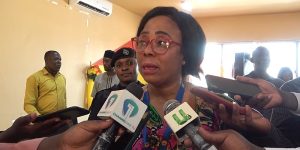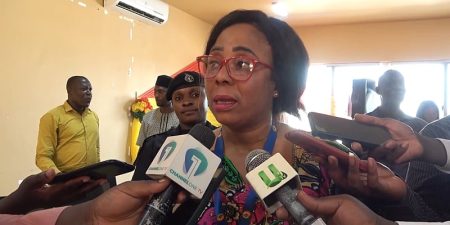Richard Ahiagbah, the National Communications Director of the opposition New Patriotic Party (NPP), has criticized the current National Democratic Congress (NDC) government’s 24-hour economy initiative, arguing that it duplicates the previous NPP administration’s Ghana Beyond Aid agenda. He contends that the NDC could have simply continued the existing program instead of rebranding it, suggesting a lack of originality and a potential waste of resources. Ahiagbah also points out the slow pace of implementation, contrasting it with the urgency promised by President Mahama during the 2024 election campaign. This critique implies a disconnect between campaign rhetoric and actual governance, raising questions about the government’s commitment to its promises.
The Ghana Beyond Aid agenda, championed by former President Akufo-Addo, aimed to transform the Ghanaian economy from reliance on foreign aid to self-sufficiency. This involved diversifying the economy, promoting value addition to raw materials, and fostering sustainable growth. Ahiagbah’s argument centers on the idea that the 24-hour economy initiative shares these core objectives, essentially replicating the earlier program under a new name. This duplication, he suggests, is unnecessary and potentially indicative of a lack of a clear, long-term economic vision by the current administration. By rebranding a pre-existing initiative, the NDC government, according to Ahiagbah, misses the opportunity to build upon established foundations and potentially slows down progress towards achieving the shared goals of economic independence and sustainable development.
Ahiagbah’s criticism isn’t isolated. Renowned economist Professor Godfred Alufar Bokpin echoes similar concerns, highlighting the conceptual similarities between the 24-hour economy policy and previous national development plans, including Ghana Beyond Aid and the 2017 Coordinated Programme of Economic and Social Development Policies. Professor Bokpin argues that these plans share a common goal of transitioning the Ghanaian economy from dependence on primary commodities to a more value-added, industrialized model. This repetition, according to Professor Bokpin, reveals a lack of policy consistency and a tendency to reinvent the wheel with each change in administration. This cycle of policy discontinuity can hinder long-term economic progress as resources are diverted to rebranding and restructuring rather than building on existing frameworks and achieving tangible outcomes.
The core contention revolves around the concept of policy continuity. A consistent, long-term approach to national development is crucial for achieving sustainable economic growth. Frequent changes in policy direction, often associated with changes in government, can disrupt ongoing projects, waste resources, and create uncertainty for investors. The argument put forward by Ahiagbah and supported by Professor Bokpin suggests that the 24-hour economy initiative, while potentially beneficial, could have been more effectively implemented by building upon the existing Ghana Beyond Aid framework. This would have ensured a smoother transition, maximized the use of existing resources, and minimized the disruption caused by policy shifts. Furthermore, it would have projected an image of stability and long-term vision, crucial for attracting foreign investment and fostering economic confidence.
The lack of significant differentiation between the 24-hour economy and previous development plans raises concerns about the government’s strategic vision. Simply rebranding an existing concept without substantial additions or modifications suggests a lack of innovative thinking and a potential failure to address the specific challenges facing the Ghanaian economy. While the concept of a 24-hour economy, promoting continuous economic activity and maximizing resource utilization, is sound in principle, its implementation requires a tailored approach that considers the unique context of the Ghanaian economy. Merely repackaging previous plans without addressing these specificities risks undermining the initiative’s effectiveness and failing to achieve the desired outcomes of economic growth and job creation.
The criticism levelled against the 24-hour economy initiative highlights the importance of long-term planning, policy consistency, and innovative thinking in national development. Simply rebranding existing concepts without demonstrable improvements or addressing the specific needs of the economy risks hindering progress and perpetuating a cycle of policy discontinuity. The focus, critics argue, should be on building upon established frameworks, ensuring continuity in policy implementation, and developing innovative solutions tailored to the specific challenges facing the Ghanaian economy. This approach is more likely to yield sustainable economic growth and deliver tangible benefits to the citizens of Ghana. The emphasis on continuity and innovation underscores the need for a more strategic and long-term approach to national development, avoiding the pitfalls of reinventing the wheel with each change in administration.














